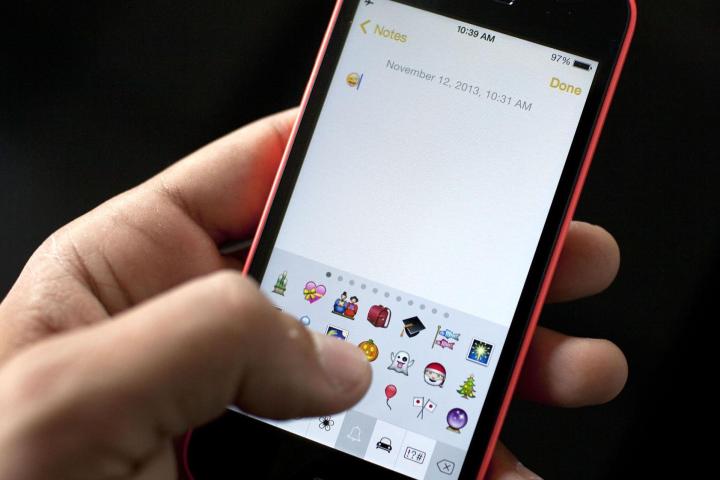
Apple shared the emojis via a post on its Newsroom blog. The new entries include a zombie, a woman with a headscarf, a T. rex, a zebra, and even an emoji vomiting. In total, there are 12 shown in the preview — just a fraction of the 56 new emojis included in Unicode 10.
The design of emojis is actually one of the little touches that separates platforms like iOS and Android, MacOS and Windows, or even social networks like Facebook and Twitter. Many users have a preference for a certain company’s emoji style — which is perhaps part of the reason that Google will change its controversial “blob” emojis to more traditional looking ones in the next major Android release.
For this reason, the release of a new Unicode standard version doesn’t immediately give us all new emojis to play with. Unicode doesn’t dictate the style of the emojis full-stop — just the content, alongside its own design suggestions that can be followed as closely or loosely as tech companies deem fit. At the same time, many of these same companies also sit on the Consortium, so they typically each offer suggestions that are taken into account as the standard develops.
It’s a surprisingly complicated affair, made more difficult because it’s up to Unicode to balance the continued need for inclusiveness and representation with the practical element of releasing the most relevant or requested emojis in the quickest time frame. Sometimes, this means new emojis actually replace old ones that have fallen out of usage, rather than simply being added to the running tally — 2,666 as of June 2017, according to Emojipedia.
Apple was not the only company to celebrate emojis on their special day. Over the weekend, Facebook preempted today’s festivities with some interesting data on the world’s most popular emojis, as well as the ones with the greatest usage in each territory. Not to be outdone, Apple went even further in its celebrations, changing movie titles to emojis at the top of the iTunes Movies store.





